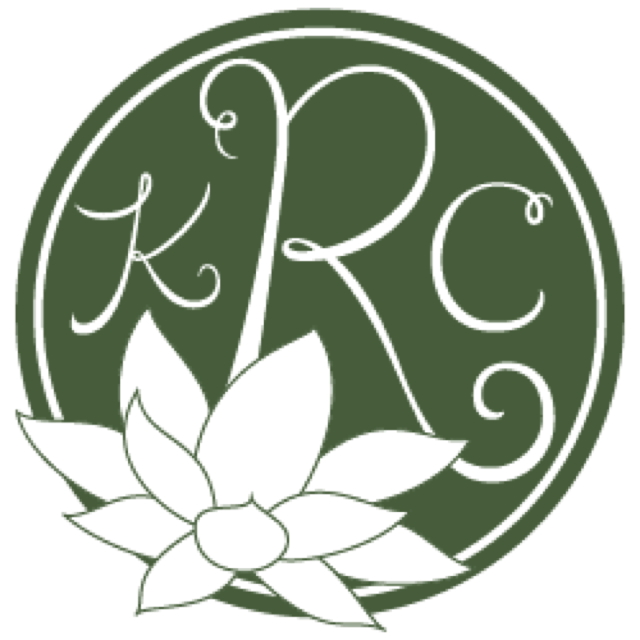The Real You: Being Authentic in 2025
Authenticity has become a popular word these days—and for good reason. Increasingly, our lives are lived online where it can be harder to be vulnerable and authentic. In our complicated modern landscape, who doesn't crave the simplicity of just being true to themselves? But it turns out that authenticity isn't merely a nice idea. Studies are showing that it can actually improve our wellbeing.
"There's a really strong link between feeling authentic and life feeling meaningful," said Rebecca Schlegel, a professor of psychological and brain sciences at Texas A&M University. While authenticity is often defined in terms of honesty, truthfulness or kindness, Schlegel goes a step further to view it as a form of self-determination. "The key to feeling authentic is ultimately that ownership piece. 'Do I feel like I'm doing this because I want to?'" she prompts us to ask. Another approach she offers is considering the reasons for our actions and whether they're consistent with our values.
Schlegel's research has demonstrated that authenticity has been "positively associated with self-control, better decision-making, problem-focused coping and satisfaction with relationships." She argues that authenticity also strengthens the bonds we have with others. In other words, if we aren't owning our choices and showing up the way we want to in a relationship, then that relationship can't have much value to us.
Of course, authenticity isn't without risk. In a December 2024 article for Greater Good Magazine, Jadzia Jagiellowicz writes, “It's challenging because in order to be authentic, we have to be vulnerable—willing to take a risk to share personal information." That can be hard. But if the result of that vulnerability is greater self-confidence, better relationships and improved mental health, isn't it worth a bit of discomfort?
So, how do we get to a place where we feel authentic?
Slow down and observe. Pay attention to your thoughts, feelings, sensations—everything! Paying attention allows you to understand your experience, which is the first step to being authentic.
Get offline regularly. The Internet is full of noise, trolls and attempts to influence you. Stepping away from the screen will allow you to hear your own thoughts again.
Take action that feels natural and fits with your personal values. This could mean having honest conversations that challenge you. Resist the urge to go along when it doesn't feel right.
Show yourself compassion. This is the heart of vulnerability; we are all only human after all. We don't have to be perfect.
As you enter a new year and think about ways you can make positive changes, please consider giving yourself permission to be more authentically you. Of course, there's no need to "get real" with others or cause upheaval. Instead, maybe just make time to check in with yourself—and let go of what you think you "should" do (or what others expect) if it doesn't feel right. The reward will be a life that feels more like your own.

